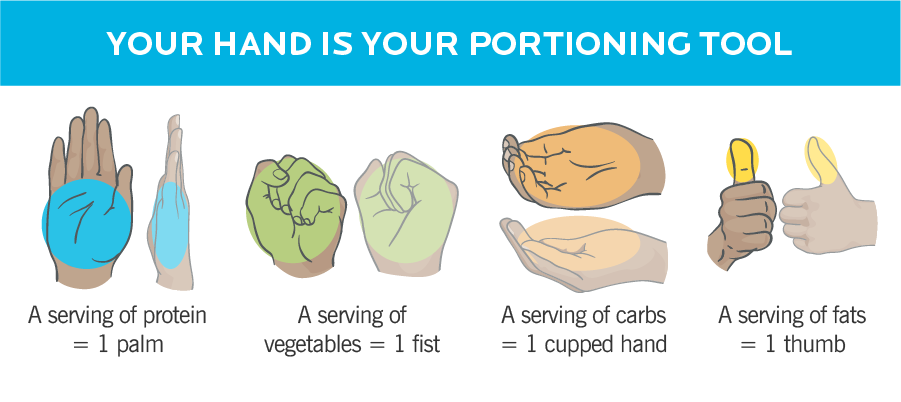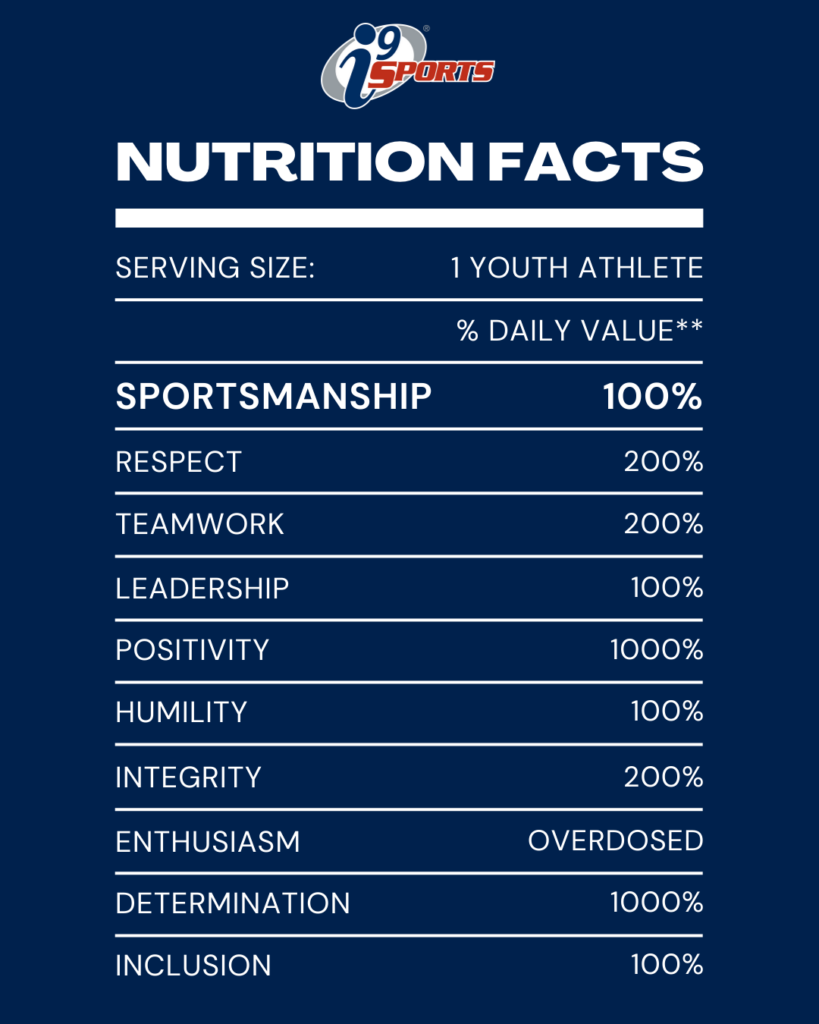3 Ways to Support Your Child’s Nutrition
We spend hours thinking, planning, and prepping food to support our child’s nutrition needs. I know this experience firsthand. I have a three-year-old at home, and sometimes my wife and I will make him food only to have him demand something else. Or, he won’t eat anything at all. One day, he even refused to eat unless we called it a “snack” rather than a meal.
So, I get it. It’s stressful. We’re constantly wondering if we’re feeding him enough of the right things to help him grow and develop.
This is especially true for parents as our young ones grow more active and we’re constantly on the go. When they start getting more serious in their sport, do we need to change their diet?
I believe that nutrition shouldn’t be complicated. Yes, nutrition is technically science backed by constantly changing expert opinions and data which can make it a complicated science. But in my professional experience as a certified athletic trainer, and in conversations with nutritionists and doctors over the years, it seems that keeping diet choices simple is the best approach.
1. The Best Diet Is the One You Can Stick With
There is no pressure to choose a diet right for your child – unless a doctor prescribes it, of course. If a specific diet has not been prescribed due to your child’s unique medical history, then best judgment and common sense are your friends. After all, the best diet is the one you can stick to.
Here are my best tips for everyday nutrition:
- Choose complex carbohydrates over simple carbs – think whole wheat bread, colorful fruits, and vegetables. This promotes gut health in children, includes more fiber, and promotes growth.
- Children ages 4 to 9 need 19 grams of protein a day, and those ages 9 to 13 need 34 grams, according to the Cleveland Clinic. Foods like eggs, milk, yogurt, and lean meats like chicken are excellent sources. On the other hand, many nutritionists and doctors do not recommend giving protein shakes or powders to children as it can do more harm than good.
- Fats are not “bad” as popular science will tell you. There are certainly “good” fats and “bad” fats, but fats are needed for the growing body, and for prolonged athletic performance. “Good” fats can be found in foods like avocado, nuts and seeds, hummus, and olive oil.
2. Be Mindful of Added Sugars
This goes for both adults and children. Our bodies need sugar (in the form of glucose) to function. In fact, the brain requires 20-25% of the body’s total sugar energy requirement!
However, there are extra sugars the body doesn’t need that can be harmful. These are known as “added sugars” and can be found in just about any processed food products like milk, cereal, candy, pasta sauces, and more. Today, the FDA has required food labels to include how much added sugars there are in a product. You can use this metric to help you choose healthier snacks when making your purchasing decisions.
If sugar is bad, is the sugar in fruits and vegetables also bad for you? No, it is not!
Remember when I said nutrition can be a complicated science? The difference is that whole fruits and vegetables contain natural sugars versus the “added sugars” we talked about before. Fruits and vegetables also contain fiber, which slows down the absorption rate of the natural sugars. Whereas processed foods like candy and soda, tend to have little to no fiber. Without fiber, the sugar in these processed foods is absorbed immediately which can have long term effects on metabolic functions. The key is to check the nutrition facts and try to choose products with less added sugars and more fiber.
3. Don’t Overcomplicate Things
It’s easy to get confused about all the nutritional guidelines experts put out. They are all well-meaning and critical information, but for most of us, it’s hard to synthesize this information into a simple, easy-to-remember method.
Here’s an example that I first learned when taking a nutrition course with Precision Nutrition.

Nutrition is a science that can easily be over complicated by people who claim to be experts in the field. Don’t buy into the trends that you see, stick with the basics, and you got this! Remember, your child’s pediatrician is the ultimate resource on all-things nutrition in children. They will take your child’s unique medical history into consideration which most online resources cannot. This article is not meant to replace the sound advice from a medical doctor or a licensed health care professional treating your child in-person.
About the Author

Grady Congleton
MS, ATC, LAT, CES
My name is Grady, and I'm an athletic trainer at Eaglebrook School in Massachusetts. In my work, I serve athletes grades six through nine, helping them build a strong health and performance foundation for quality movement - whether it's on the field or in life - for decades to come.
For more information, sign up for my monthly blog at 4dsportsmedicine.com to learn how to keep you and your family safe and health through sport and life.
